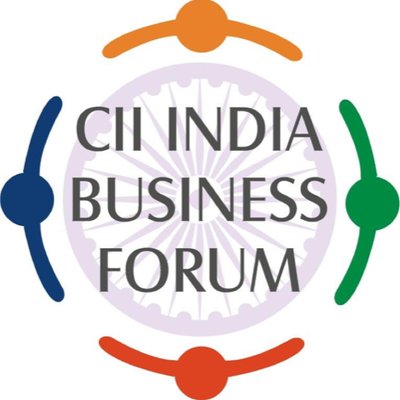Recognition of professional qualifications from India or South Africa could help address skills shortages, development

- Country:
- South Africa
Mutual recognition of professional qualifications obtained in either India or South Africa could help address skills shortages and development in both countries much faster, the president of the CII India Business Forum (IBF) in South Africa said at a seminar here on Thursday.
The seminar organised by the Services Export Council (SEPC) was the first in South Africa and the fourth in recent weeks by the SEPC to cover all the regions of the African continent. It had earlier been to Egypt in North Africa, Ivory Coast in West Africa and Kenya in East Africa A number of educational institutions were represented in the delegation from India which met with their South African counterparts.
Referring to an address by the South African minister of higher education, Blade Ndzimande, at an IBF event last year, Praveer Tripathi said India could assist South Africa in expanding the tertiary and vocational education sectors in three ways, the first being sharing of expertise and knowledge.” “India is well-known for its vast pool of skilled and talented professionals. The Indian education sector has been expanding rapidly and offers a wealth of opportunities for South African students. By partnering with Indian institutions, South African students will have access to high-quality education, leading to greater opportunities.'' “India has a very strong educational system, especially in engineering and technology and can share this expertise and knowledge with South African institutions,” Tripathi said.
A second thing that could be done was partnering with South African universities and vocational institutions to develop joint programmes and exchange programmes for students and faculties.
“It is already happening here with a few management schools.
“Thirdly, making quality education more accessible and affordable at the same high quality through a collaborative effort between both governments and the private sector would help achieve this goal,” Tripathi said as he called for mutual recognition of qualifications obtained in either country.
“A commercial pilot’s license earned in South Africa is equivalent to a commercial pilot’s license obtained in India, so they do not have to write further exams (in either country). It has been done, can be done and it should be done. That is a dialogue which needs to happen,” he said.
Another speaker at the seminar, CEO of the South African Qualifications Authority (SAQA) Nadia Starr, said there was an opportunity for this in SAQA rules, which were designed to protect the quality and integrity of all qualifications.
“The particular arrangement and structure that we have at SAQA allow for some of the qualifications obtained in India to be recognised and aligned to what we have in South Africa and vice versa,” Starr said, as she offered to address the particular challenges which had been raised directly with her by delegates at the seminar.
Tripathi also said not all engineers need to be world-class to help a country develop.
“South Africa’s universities produce world-class engineers. But it does not need all those engineers and technicians to be world-class. South Africa needs engineers and technicians with enough core competencies to train, learn and upgrade their skills in their jobs.
“India is very good at that. It produces world-class engineers and technicians from very few institutions of excellence. But the majority of institutions produce only adequately trained and skilled engineers and technicians.
“That is something that needs to happen here because the universities’ courses designed in South Africa are designed for failure. Of 100 students going to the first year, probably 25 will turn out as engineers after the end of four years,” he said.
Tripathi said the South African universities were doing a good job, but South Africa needed what India is doing.
“This is something that the governments of India and South Africa should collaborate on,” he concluded.
(This story has not been edited by Devdiscourse staff and is auto-generated from a syndicated feed.)










